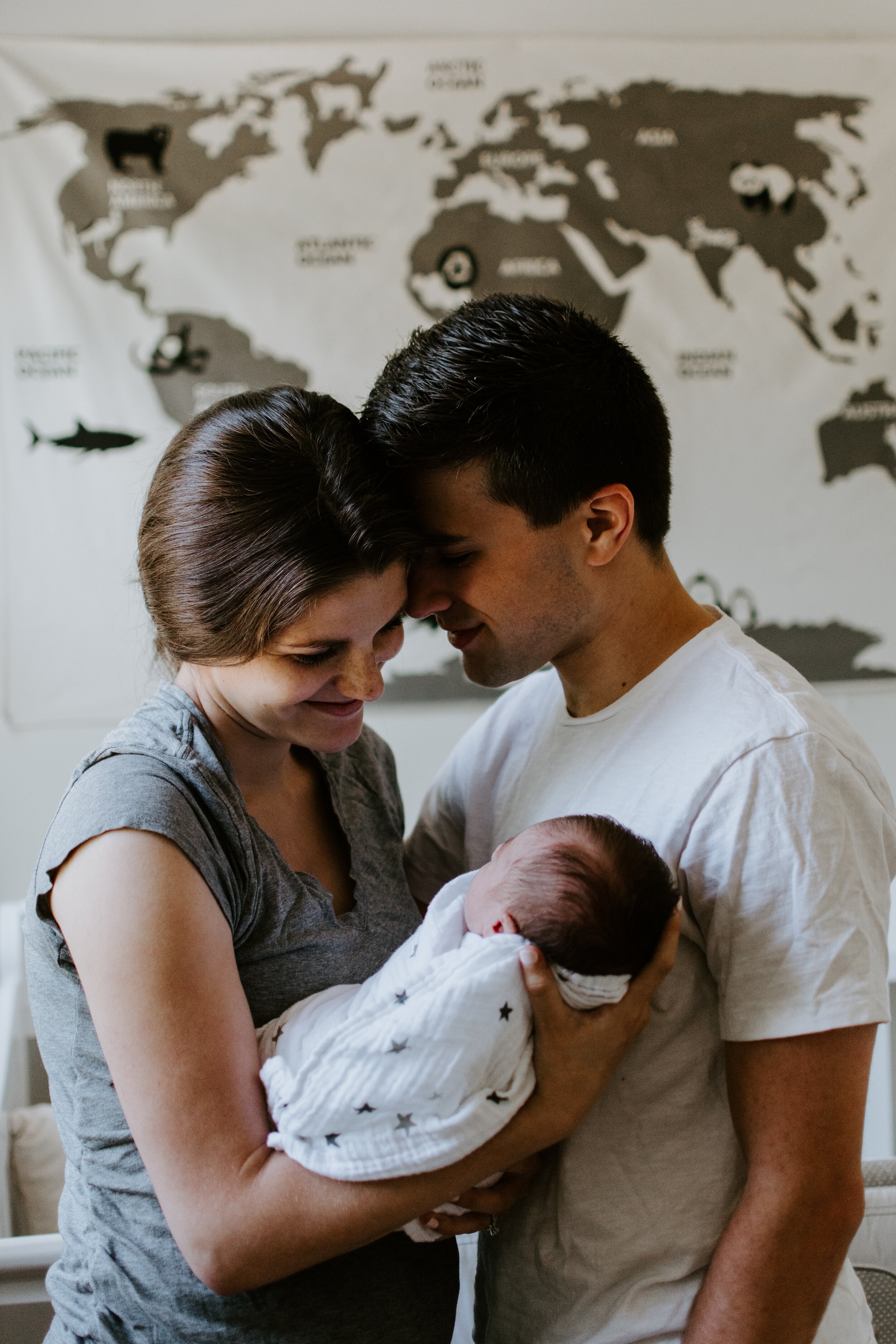My Joint Family Homes
I remember a few instances vividly from my childhood in Pakistan, which would now be looked at with horror in the west, as an invasion of privacy.
Back in the mid-90s, many people in Pakistan (and the greater subcontinent) lived in joint family systems. Prior to my birth, my paternal grandparents, uncle, his wife, my father and mother, lived together in our three-bedroom family home. This was, by many standards, still considered low-density living. Many of my friends lived in joint family households where three generations lived under one roof, and total inhabitants would easily range from over 15 to 30 people. Even though personal space was a far cry, intimacy developed around building shared memories at the dining table, lounge and drawing room areas, and in the garden for evening tea and pastries. We would also huddle around our parents and grandparents after dinner to hear stories about their childhood, local folk stories that are still popular today, and funny anecdotes from their life.
In the summer or winter school holidays, we would be reunited with cousins around Pakistan or around the world. My four first cousins lived in Islamabad, a two-hour flight away from Karachi, my hometown—so every summer holiday for most of my childhood we would spend two months in either Islamabad or Karachi. Our family homes were small and all six of us would cram into one room, with my two elder cousins cajoling and then finally demanding we sleep at a reasonable hour, which we never obliged.
I developed close friendships not only with my cousins but also with my cousins’ friends. We would see each other every second summer too, where we would all get together to play football, attend a concert, or just hang out somewhere in a house or park and pick up where we left off.
When my family moved to Australia in 1999, my cousins came to visit us. We had a three-bedroom house so two of those bedrooms were taken up by the elders, while the fight for the third bedroom was a duel to the death. The ones who lost the battle were crammed into the computer room, where they still enjoyed their reunion, now that our families were living in different continents. We did a trip around Australia—Perth, Cairns for the Great Barrier Reef, and Sydney.
Fifteen years later, when I moved back to Pakistan, most of my cousins had spread across the world. I moved to Islamabad, into my uncle’s house. There were no questions asked as to where I would be staying. All our summers growing up together had cemented this. Whenever my cousins would come back to Islamabad for holidays, I would inevitably share a room with them. Old habits die hard, and late-night chats whilst staring at the ceiling fan were when we were able to hear the most from each other.
This sharing of intimate spaces has been shaped greatly by my childhood in Pakistan. If we weren’t accustomed to joint families and summer holidays together as cousins, we would not have had such intimate relationships, as sharing personal space also allowed for emotional intimacy, through trusting each other with our feelings and vulnerabilities.
When speaking to my friends in Australia, they found this very strange and somewhat abrasive. Personal space is sacred, and lack thereof had to be pushed back against. I remember one instance in college when one of my friends walked into my dorm without knocking and took the milk from my fridge. My Australian friends who were present felt shocked and concerned that someone could do such a thing. I had to explain to them that if I had to, I could pillage his fridge as well. It was an unwritten rule. They left scratching their heads.
Boundaries mean different things across different cultures. With the onset of hyper-capitalism and demand-based economies, individual wants and desires have started to trump the greater whole. I see this in Pakistan, with the breakdown of joint family systems, and the rise of nuclear families.
It is my childhood with family and friends always in close proximity which has allowed me to learn about intimacy and closeness. I cherish these lessons, hold them sacred, and continue to apply in my daily life, regardless of which culture I live in and the cultures of the people I interact with. If these means a little less personal space, it is a compromise worth its weight.
